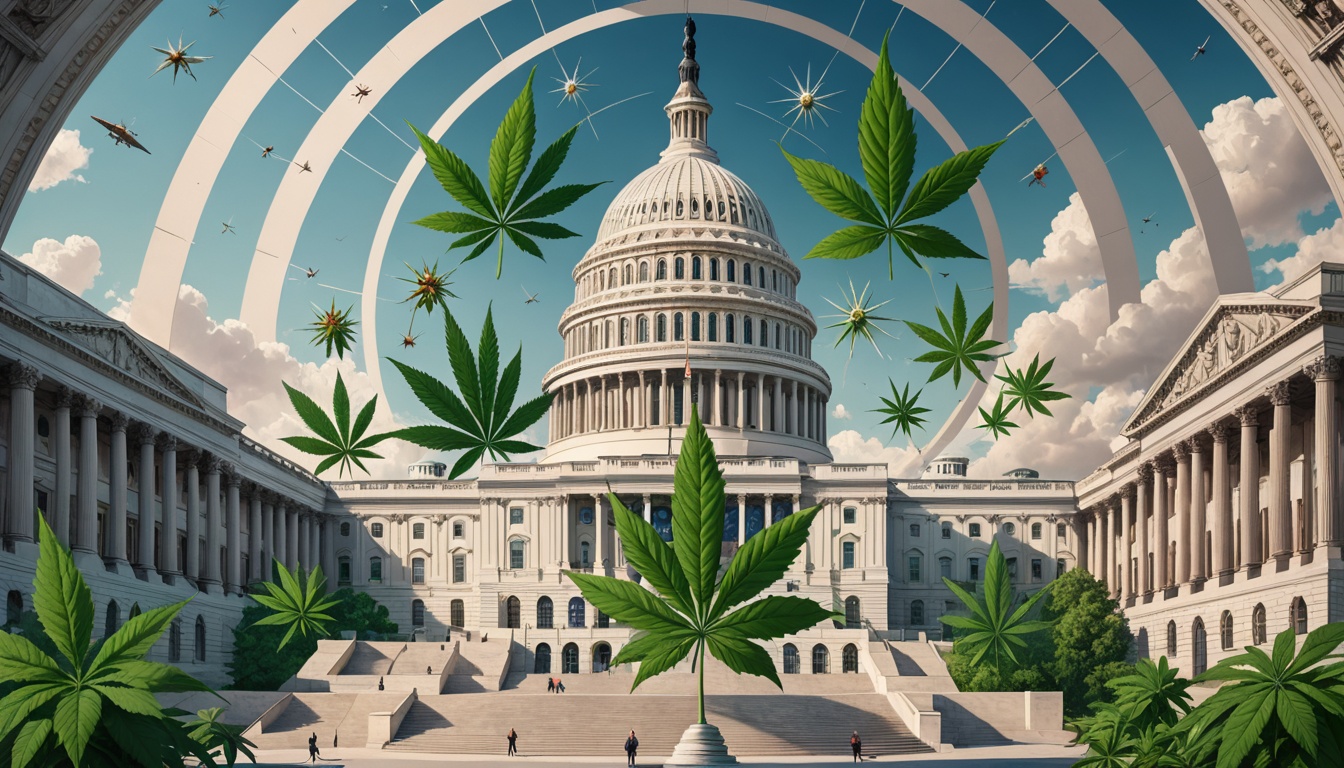For the first time in decades, a significant overhaul of federal drug policy seemed imminent. During his final year in office, former President Joseph R. Biden Jr. moved to downclassify marijuana from the government’s most restrictive category of drugs. This change would not legalize recreational cannabis under federal law, but would make it easier for scientists to study marijuana’s therapeutic uses.
In a rare display of bipartisan support, Donald J. Trump, then a presidential candidate, endorsed the idea in September, stating that it would “unlock the medical uses of marijuana.” However, the Trump administration has since shown no signs of pursuing the looser cannabis regulations that Trump had backed.
The Drug Enforcement Administration (D.E.A.), which oversees the federal drug classification system, slowed the process during the Biden administration, according to supporters and critics of the effort. This resistance set the stage for a time-consuming legal battle.
The push to reschedule cannabis began in 2022, when Biden issued a blanket pardon to people convicted of simple possession in federal court, stating that “too many lives have been upended because of our failed approach to marijuana.” Later that year, Biden ordered the Department of Health and Human Services to reassess whether marijuana belonged in a category of drugs deemed to have no accepted medical use and a high potential for abuse.
In May 2024, the federal health agency recommended downgrading cannabis to Schedule III, a category that includes anabolic steroids and testosterone, drugs deemed to have clear medical uses and a lower risk profile. Critics argued that a downgrade would encourage more people to use a drug that can be addictive and harmful, while supporters claimed that cannabis never belonged in Schedule I and that a downgrade would remove barriers to medical research, lower criminal penalties, and make marijuana businesses eligible for federal tax deductions and broader banking services.
The D.E.A. signaled reluctance to the change, and the agency’s approach led to legal challenges from groups that wanted more lenient cannabis regulations. The legal fight has effectively stalled the effort to reschedule cannabis.
Despite Trump’s initial endorsement, his administration has shown no signs of pursuing the looser cannabis regulations he backed. The president’s new pick to lead the D.E.A., Terry Cole, has expressed skepticism about rescheduling marijuana, and Trump himself has not commented on the issue. Advocates on both sides of the rescheduling debate remain uncertain about what may come next.












